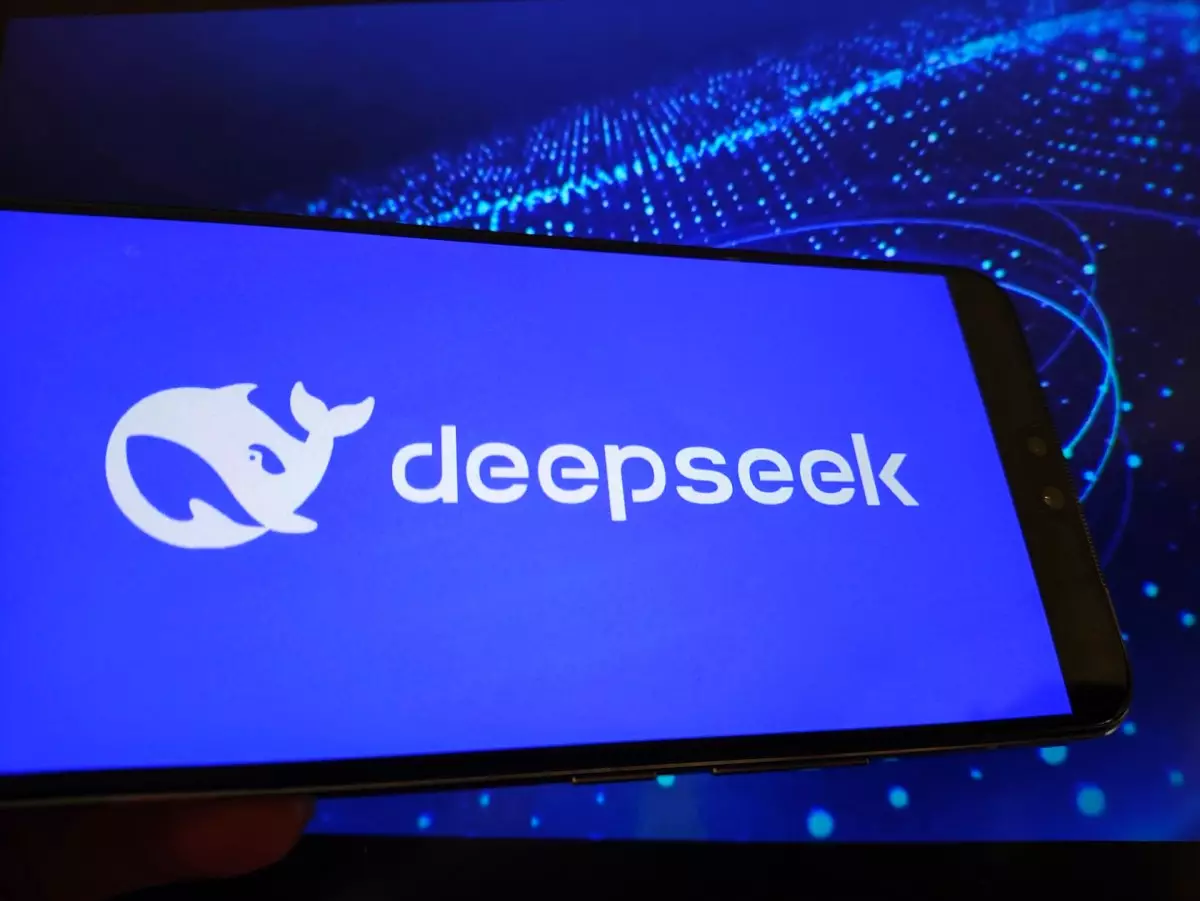In the ever-evolving world of artificial intelligence, innovation and competition often lead to both remarkable breakthroughs and contentious debates. Recently, DeepSeek, a relatively lesser-known Chinese lab, reignited discussions in this volatile sector with the release of its updated reasoning AI model, R1-0528. This model has shown impressive performance on various mathematical and coding benchmarks, drawing attention not just for its capabilities, but for the potential origins of its training data. Although DeepSeek has opted not to disclose the sources of the data utilized for R1-0528, speculation abounds that it incorporates elements from Google’s proprietary Gemini family of models.
The Shadows of Plagiarism
The conversation surrounding AI involvement in data generation is akin to a digital game of chess, with each player maneuvering strategically. Sam Paech, a developer from Melbourne, has emerged as a key figure in this narrative by claiming that DeepSeek’s latest model appears to mimic words and expressions typically associated with Google’s Gemini 2.5 Pro. While the evidence presented may not be definitive, it raises significant questions about the integrity of DeepSeek’s training process. The implications of plagiarism in AI training cannot be understated; it affects credibility and innovation within the sector at large.
Moreover, the issue does not stop here. In the past, DeepSeek faced similar accusations regarding its V3 model, which surprisingly identified itself as ChatGPT. This has raised eyebrows and led to further scrutiny regarding the acceptable parameters deemed fair or unfair in AI development. OpenAI’s allegations concerning DeepSeek’s potential use of distillation — a controversial technique where AI models are trained using outputs from more advanced counterparts — adds another layer of complexity to an already murky narrative.
The Contamination of Data Source Integrity
As troubling as the prospect of AI models drawing on the resources of their competitors may seem, AI training is increasingly muddied by the pervasive issue of data contamination. The open web, which serves as the primary repository for training data, has become a breeding ground for low-quality content. This rampant proliferation of “AI slop,” as some critics have coined it, clouds the ability of researchers and organizations to discern legitimate data from unreliable sources. This state of affairs complicates the processes of developing high-quality AI models capable of reasoning and learning effectively.
It’s not surprising that experts like Nathan Lambert, a researcher at the nonprofit organization AI2, speculate that DeepSeek might have strategically utilized more sophisticated AI outputs. Lambert’s insights highlight the precarious balance between innovation and ethical responsibility. Budget constraints and heavy competition compel firms to resort to less principled approaches, raising ethical dilemmas concerning efficiency versus integrity in AI development.
Heightened Security Measures in Response
In light of these controversies, many companies in the AI sector are upping their ante regarding data security. OpenAI, for instance, has recently introduced a rigorous ID verification process that organizations must complete to access its advanced models. This move aims to safeguard its intellectual property and prevent misuse by competitors, notably excluding entities like DeepSeek from gaining unfair advantages.
On the other hand, Google has initiated measures to obscure the traces generated by its AI models on the AI Studio developer platform. Although these steps might enhance security, they also contribute to the increasingly competitive nature of the AI landscape. The focus on safeguarding proprietary methods and models indicates a maturation of the industry, but it does not alleviate concerns about the ethical implications of AI training methodologies.
The Future of AI Ethics and Integrity
The ongoing discussions centered around DeepSeek’s practices offer a compelling insight into the ethical and competitive dynamics that define the artificial intelligence space. As new models emerge and existing ones evolve, the importance of transparency and responsible AI usage cannot be overlooked. Companies must navigate the fine line between leveraging publicly available knowledge and engaging in unethical practices. The vibrancy of innovation must be tempered with ethical restraint, ensuring that the industry flourishes responsibly while maintaining the trust of its users and stakeholders. The path forward will undoubtedly require a stronger commitment to integrity in AI training methodologies, and tackling these issues head-on remains a paramount concern.

